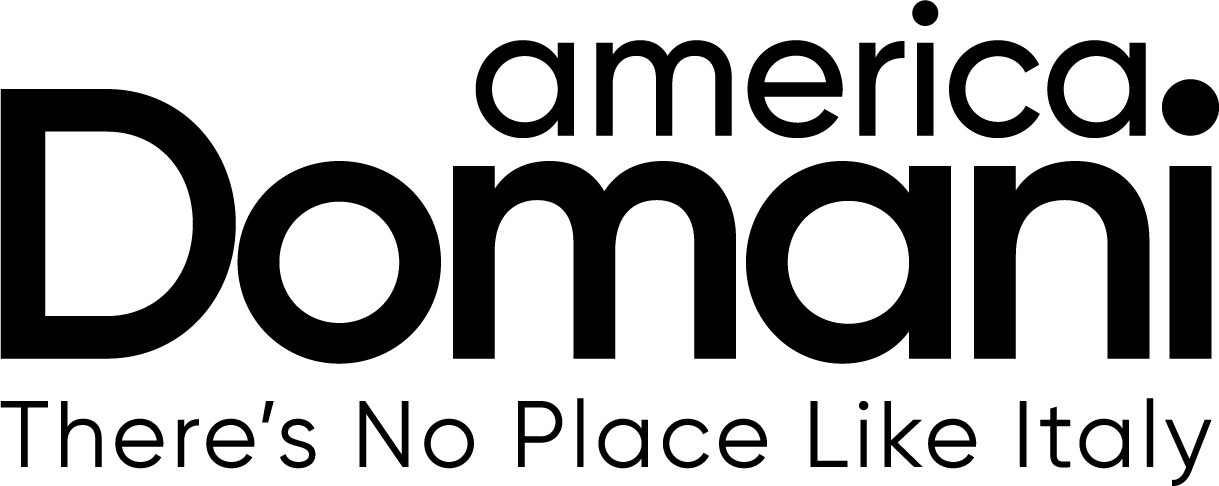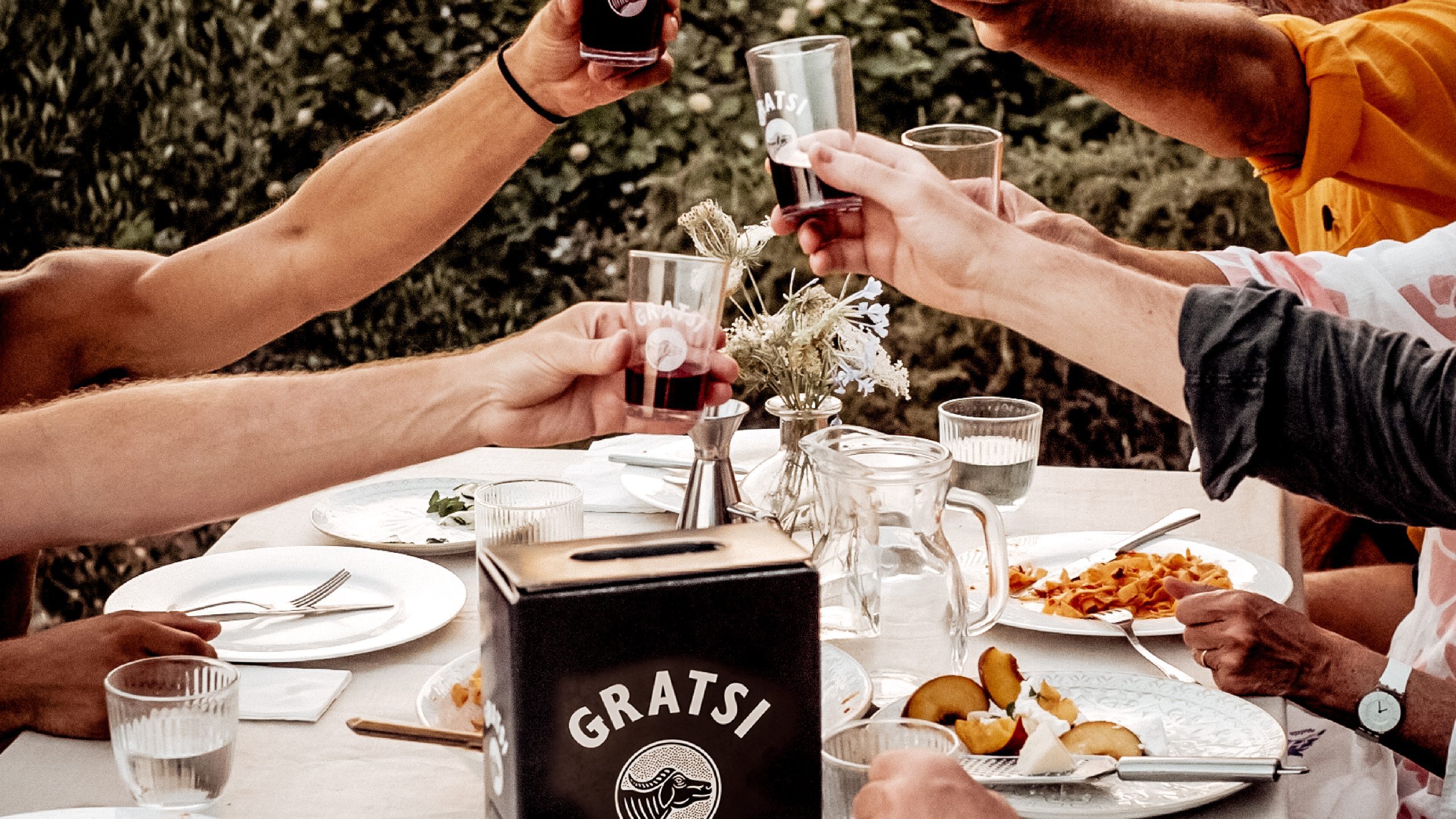Italians are great at many things, not least of all wine production and sustainable living. In fact, Italy has been producing and bottling wine for more than 4,000 years and (in case you didn't know it) more than a third of the country's electricity comes from renewable resources! So it should be of no surprise that we Italians are always on the look out for healthy and innovative approaches to modern-day life. Enter the natural wine movement - a general term for wines made from organic or biodynamic grapes that has had a profound impact on how people around the world drink their "grape juice" - and with it, a similar shift that's challenging (and changing) a fundamental part of modern wine production: how and where wine is stored and served.
While we have for years been conditioned to pour from a bottle, what if we’re getting it all wrong? Well, turns out there's a clever way to combine wine production and sustainability...and it's currently undergoing a Renaissance.
(Re-)Introducing boxed wines(!), which made their US debut in the 1980s when wine coolers and leg warmers were all the rage. Back then, the pros for drinking wine in cardboard were that it stayed better for longer and was the more economical choice. And though these both remain true today, a new generation of premium boxed wines has emerged and there are several advantages to the bottle alternative.

Portability & Sustainability
Boxed wines are much easier to transport and manage in social settings (no need to worry about the clumsy friend breaking bottles). Also, factor in the environmental impact: boxed wine is more eco-friendly, producing around half the carbon emissions that the creation of a bottle does. America Domani’s preferred brand, Gratsi - a new-age American boxed wine company - uses eco-friendly wine bottle alternatives that produce 85% less waste and can be recycled after use. One box equals four bottles and their wine can stay fresh for up to 30 days after the first pour, unlike bottled wine.
A Healthier Option
Many boxed wine brands are tapping into an unmet need, as consumers look for light and refreshing alternatives to traditional alcoholic beverages. Gluten-free, keto-friendly, and zero sugar are becoming common buzzwords in the boxed wine arena, and vegan options are also on the rise as animal products traditionally used as clarifiers, such gelatin and casein, are increasingly abandoned. Wine producers are even more incentivized and inspired to create the same premium taste, while offering healthier choices…and they're meeting the challenge.

Bang for Your Buck
Boxed wine is a better value, requiring less in overheads to produce. Not only is bottling an old-world manufacturing process with higher material costs, it's also less economical in terms of shipping. And when the cost of packaging and transportation is reduced, the savings can be passed on to the buyer. So, it’s no surprise then that this new generation of wine is now crowding retail shelves and attracting a new (and younger) generation of consumers.
A Growing Industry
Boxed wine offers a host of benefits, and there's no doubt producers are seeing increased interest. With the production of more quality boxes also comes greater legitimacy. Thus, according to Future Market Insights’ latest industry analysis, sales of boxed wine packaging are expected to grow 1.7 times between 2023 and 2033. And in 2023, it is anticipated that the global “bag-in-box market” will be worth US$ 3.5 billion. It seems consumers are waking up to the fact that boxed wine might just be a better overall experience!
With the focus on premiumization and sustainable packaging driving this growing market, the newfound momentum of boxed wine is sure to soar. So, why not beat the crowds and get in on the trend? Our friends at Gratsi are producing wines that are sustainably made, pesticide-free, sugar-free, and 100% vegan. Try the fruity red or bright white blend and receive two Bàcaro wine glasses with your order. Cin cin!
Arianna DiCicco
Arianna DiCicco is an educator and writer from California, born into an Italian American restaurant family with strong ties to her grandparents’ home in Abruzzo, Italy. She has lived in San Francisco, Rome and New York City where she’s made deep connections within the Italian communities and gained new perspectives about her own culture. With a Masters in International Education, Arianna has a love and passion for learning and educating others about Italian history & culture.


